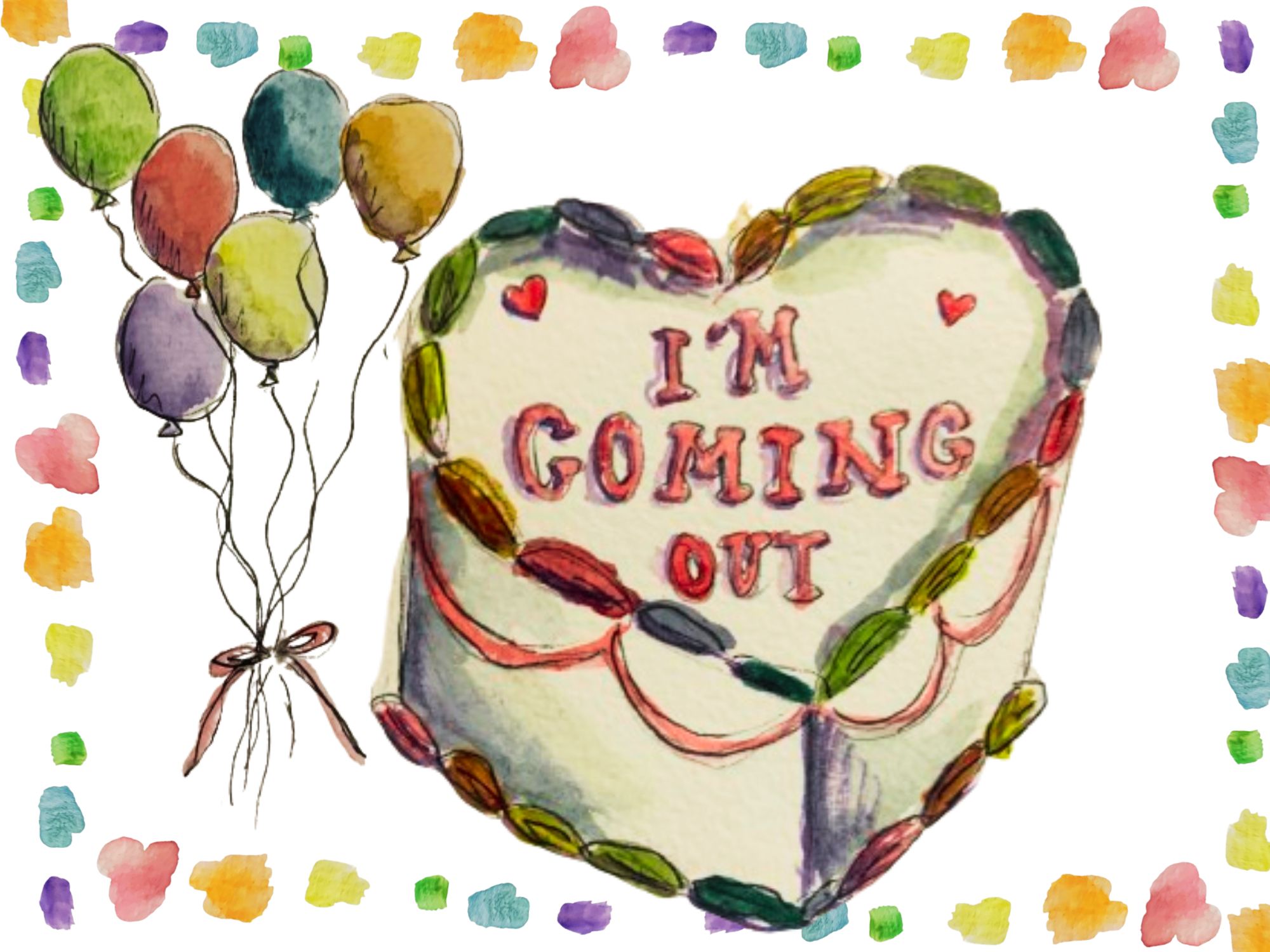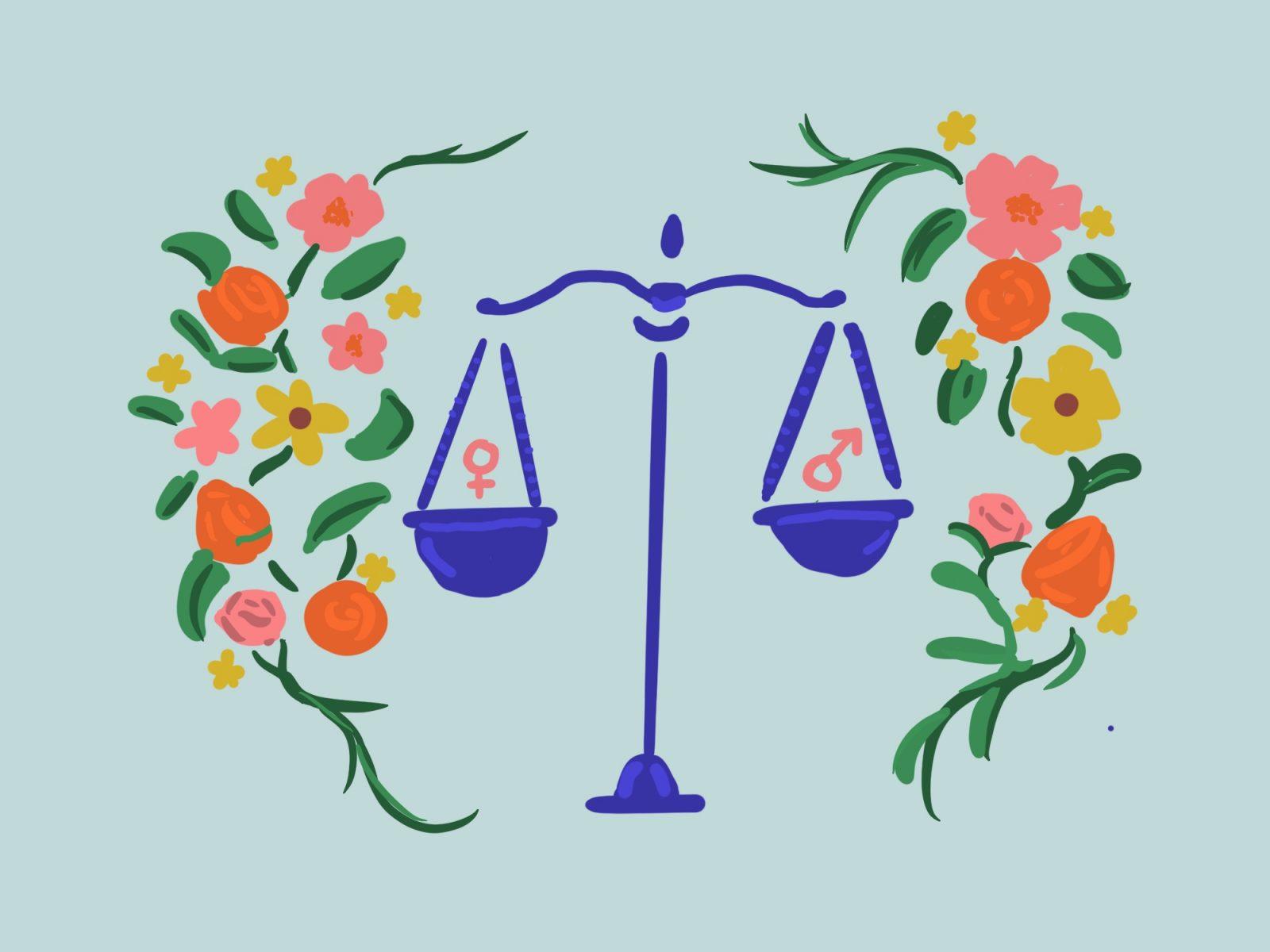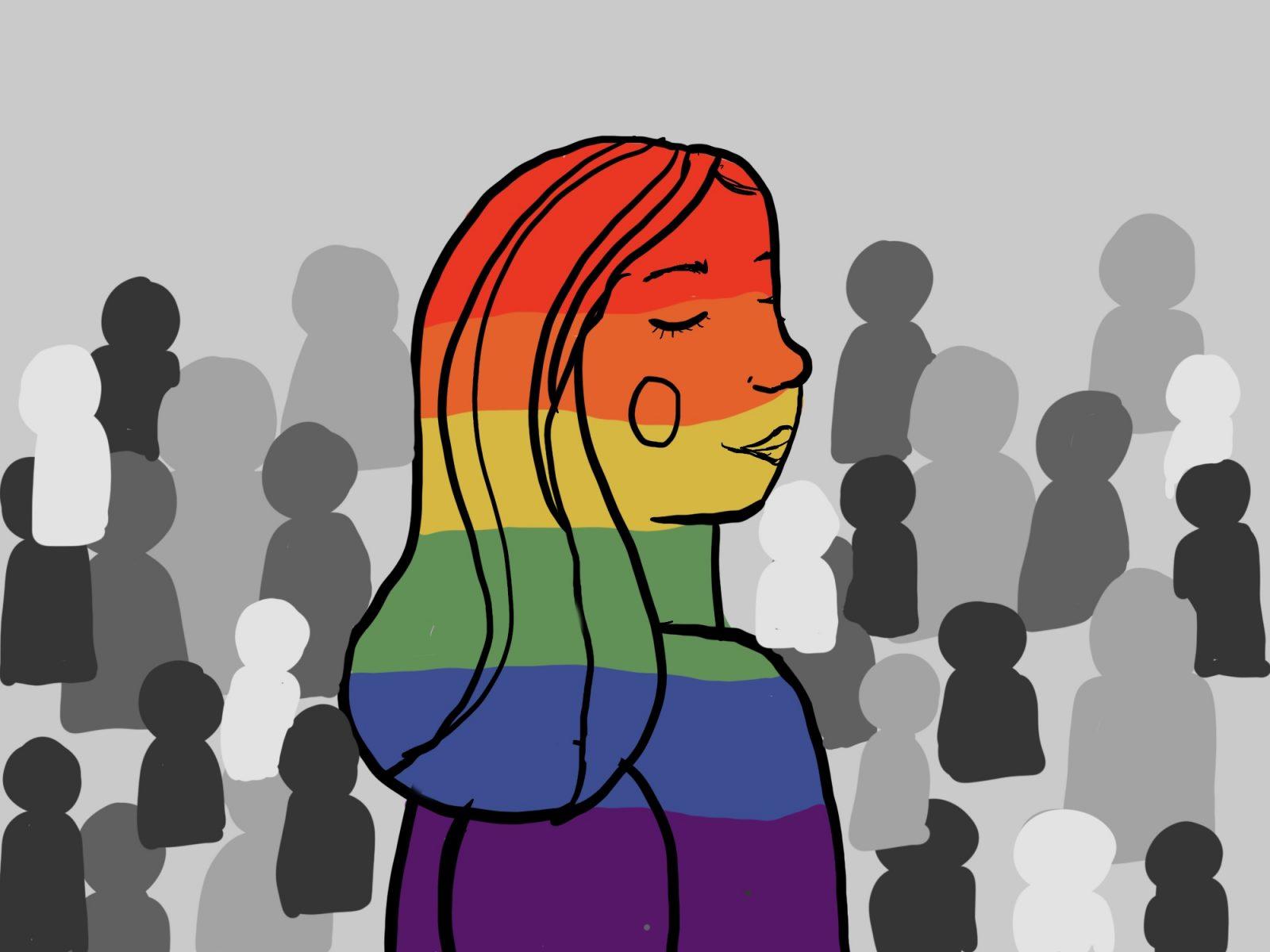Op-Eds do not reflect the editorial opinion of The Daily Free Press. They are solely the opinion of the author.
The author of this op-ed is a Boston University student who wishes to remain anonymous.
Coming out is a special part of queer life. It’s the season finale — when we burst from our suffocating closets into a new world.
But societal expectations surrounding rites of passage, from first kisses to virginity, put pressure on queer people when it comes to coming out. They reinforce a world where queerness is an exception.

Many think that coming out is when we become truly queer, but we’re queer whether we tell the world or not. Life goes on and we come out again and we hope the next time doesn’t get us hurt.
Coming out is political — and big things are waiting on the other side of the closet door.
If we look closer, I think the process of coming out reveals a lot about other kinds of marginalization.
When we come out, we declare ourselves “other.” We publicly refuse to conform.
Coming out becomes riskier when the world enforces gender roles more violently. Strict gender roles exclude more behaviors as “other,” so we suspect more behaviors as possible queerness.
Clearer declarations include changing names or wearing pride flags. But any defiance of norms from fashionable men to buff women can raise a rainbow flag. Even people who are straight and cisgender go through this queer experience of being “othered” when they defy heteronormative expectations.
Queerness is intensely personal but unavoidably shaped by the outside world. The consequences of “othering” aren’t explicit, but we expect they’ll range from discomfort to hostility. When I came out, my parents assured me I wouldn’t get disowned. Isn’t that a strange thing to have on our minds?
We manage the risks of coming out to everyone we meet, every day, for the entirety of our lives. The act only exists because the world constantly rebuilds closets for queer people to come out of.
Closets make us uniquely aware of how violence can be arbitrary and sudden when you’re marked as “other”, so our closets reflect similar tools of exclusion for vastly different “others” — border fences, tasers and bombs.
Queerness isn’t a footnote in the history of inequality.
A society that hates Black women is well-equipped to hate Black transgender women, who made up almost two-thirds of transgender and gender-nonconforming murder victims from November 2022 to November 2023.
An economy that ties healthcare to jobs makes coming out riskier for low-income individuals.
Housing instability, which 28% of queer youth reported facing according to the Trevor Project, is more challenging when charities stigmatize mental illness, drug use and sex work.
Today, politicians are writing hundreds of bills targeting transgender people. They borrow from educational bills targeting Black history, medical bills targeting abortions and ID bills targeting undocumented immigrants. Once sharpened, the legal tools work on anybody.
One way we can assimilate is to isolate our queerness and ignore these other fights — but I’m no Anderson Cooper.
I tie my girly hair back before interviews and hide my skirts when calling family. I’m Asian in the birthplace of napalm. I’ll mourn friends whose early deaths were today’s policy choices. I may never own a house.
I can’t afford to settle for an America that only tolerates polite, uncomplicated queerness.
I also can’t stay silent when governments use their narrow tolerance of queerness to ignore or “pinkwash” the harming of people who are viewed as “less civilized.”
Police fired tear gas during both the Stonewall riots and the Arab Spring. Dehumanizing language drives both stochastic anti-queer terrorism in America and paralyzing hospital bombings in Gaza.
Queerness is simultaneously framed as a threat to the west and proof of western superiority over places deemed “less advanced.”
We can be a token, a bargaining chip and a target when needed. Thus, we’ll always be at risk when we let governments choose whose lives matter, because a barrel pointed away from us is still a barrel in our sight.
When we make our humanity visible, we challenge a world willing to brutalize us. Assimilation requires dehumanization — narrowing our humanity to what’s palatable, minimizing the brutality we face.
We share this balancing act with countless other struggles for equality. I think that distancing ourselves from them would be morally and strategically wrong.
Will we settle for abolishing the closet at home, only to fund bombings and barbed wire abroad?
Will we let universities co-opt the radicalism of queer and civil rights activists while suppressing today’s student movements?
Coming out raises these questions of assimilation, respectability and solidarity. But it’s also when a queer person learns if you’ll provide safety as they grow. It’s when they see if you’re willing to make their closet a little bigger. It’s when you get a chance to repeat or reject the violence they expect, especially if you’re a parent, teacher or employer.
And there are always more of us than you’d think.
Anyone seeking shelter from a gendered or sexual system faces a queer experience. Anyone who society considers “other” shares our struggle against exclusion and dehumanization. We are older than the laws they write about us.
Let’s fight to outlive them.






















































































































